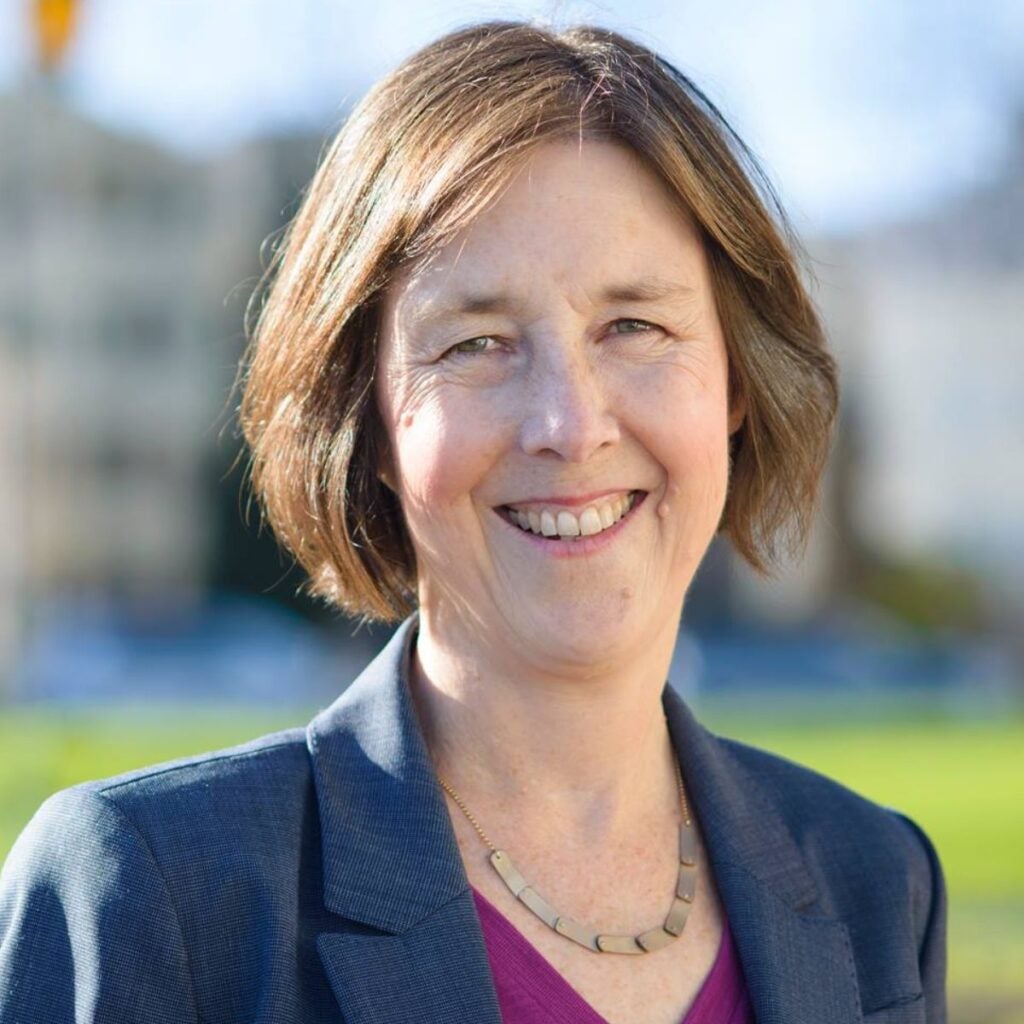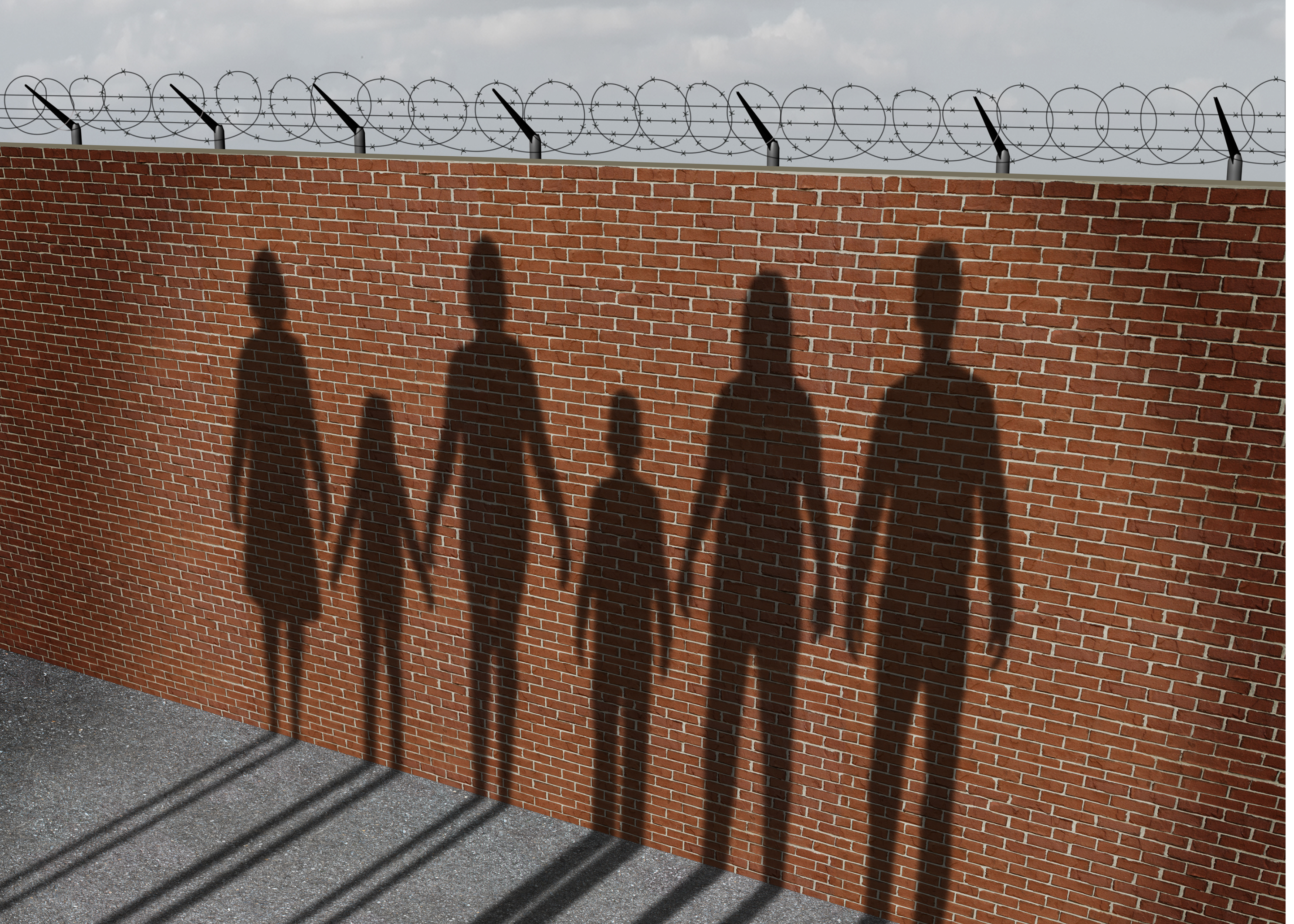Former CA Senator Nancy Skinner to be honored for work on SB 274
The California Race, Education and Community Healing (REACH) network convened Monday, January 27 in Sacramento to discuss ideas and strategies to shape the future of equitable and restorative discipline practices for schools across the state.
Hosted by the UCLA Center for the Transformation of Schools (CTS) and the UC Berkeley Center for Research on Expanding Educational Opportunity (CREEO), the event will bring together REACH Network Grantees from across California, representatives of local education agencies partnering in the REACH network, and state education leaders. During the day, local education agency leaders will share insights from their efforts to implement restorative practices. Key findings of the Reach Network Baseline Report and recommendations will also be shared and discussed. Those attending will also have the opportunity to talk with state education leaders and policymakers engaged in efforts to advance equitable discipline reform and discuss actions for effective and sustainable changes.
“This convening will enable education leaders across California to examine emerging evidence and share transformative practices that keep students learning and thriving in our schools,” said Michael Corral, UCLA CTS REACH Network Project Director. By documenting and sharing effective alternatives to exclusionary discipline, we strengthen our collective capacity to implement equitable, culturally sustaining approaches that honor the humanity and potential of every young person in our schools.”
The REACH Network represents a geographically diverse set of school districts across California working to lower suspension rates, prevent punitive practices, and generate recommendations to expand equitable and restorative discipline practices in schools across the state.
The Network was established through a $1 million grant from the California State Legislature to reduce out-of-school suspensions and to foster alternatives to punitive measures for Transitional Kindergarten through 12th grade students.

The project aligns with California Senate Bill SB 274, sponsored by recently retired Senator Nancy Skinner. The legislation seeks to eliminate suspensions for “willful defiance” or low-level behavior issues in TK – 12th grade. SB 274 is based on a simple premise: Students belong in school. In her work, Senator Skinner highlighted the importance of keeping students in school and working with teachers and school administrators to develop alternatives to suspensions. Senator Skinner will be honored at the event for her impactful work in advancing alternatives to exclusionary discipline, including her leadership on SB 274.
Other education leaders participating in the REACH Network Convening include Mike Walsh, director at large, County, California School Board Association; Daryl Camp, superintendent, San Lorenzo Unified School District; and Cheryl Hildreth, superintendent, Washington Unified School District. REACH Network grantees Rosario Arcona, coordinator of social emotional learning and restorative practices at Washington Unified School District, and Charon Green, social justice manager, Para Los Niños (REACH Network Grantee) will also share their experiences and insights.
Joseph Bishop, executive director and co-founder, UCLA Center for the Transformation of Schools; Travis Bristol, faculty director, UC Berkeley Center for Research on Expanding Educational Opportunity; Michael Corral, REACH Network Project Director; Tyrone C. Howard, UCLA professor of education and faculty co-director, Center for the Transformation of Schools, and others will also participate.
The REACH Network is a project of the UCLA Center for the Transformation of Schools (CTS) and the UC Berkeley Center for Research on Expanding Educational Opportunity. The project works to promote healthy relationships in schools, prevent out-of-school suspensions from happening, and provide tools and training on alternatives to suspensions based on new evidence-based research findings.
Ten school districts across the state have been accepted and are participating in the initial cohort of the REACH Network. In 2024, REACH published the “California Race, Education, and Community Healing (REACH) Network Baseline Report,” exploring discipline disparities across 10 diverse California schools.
